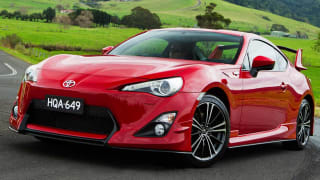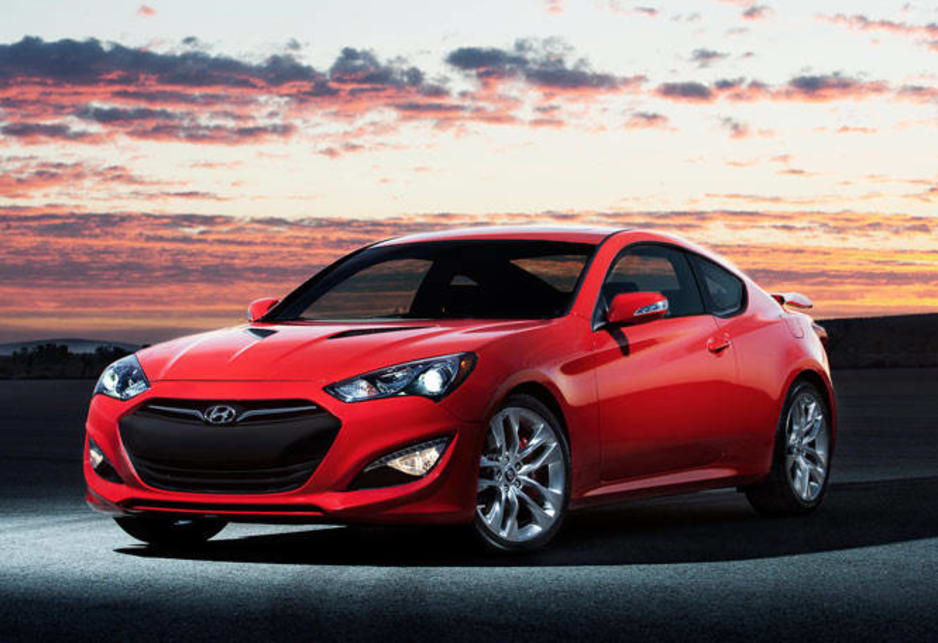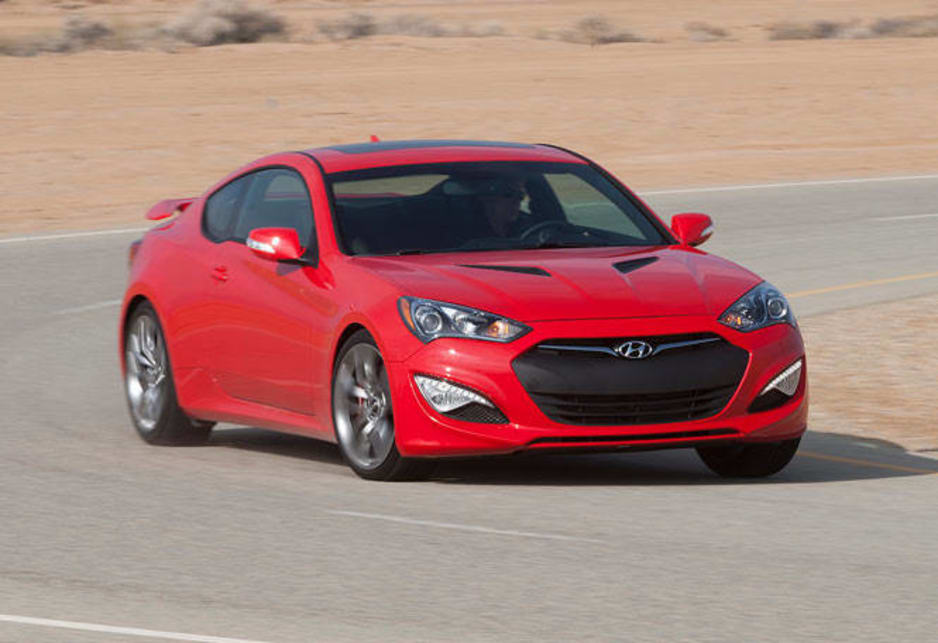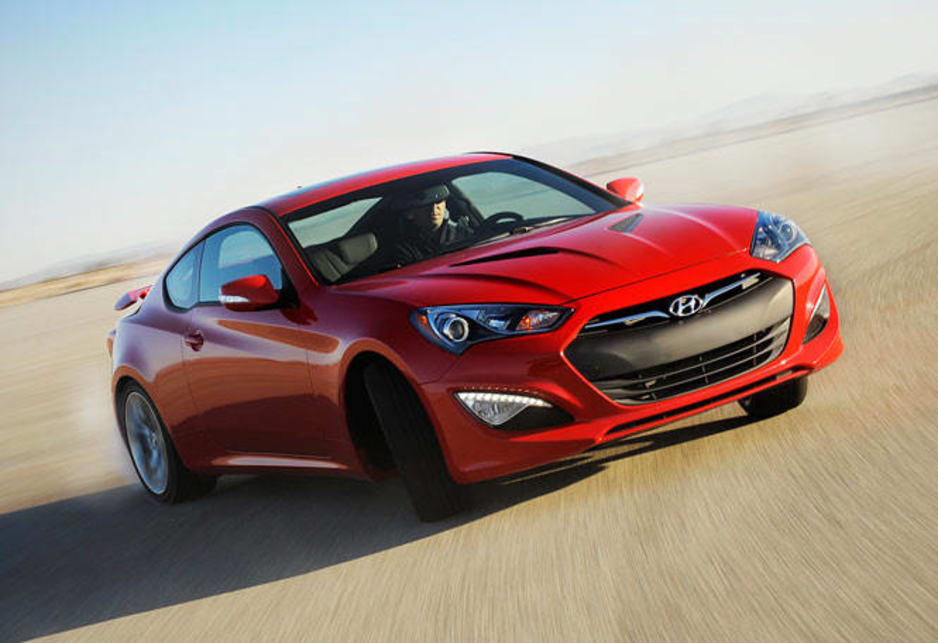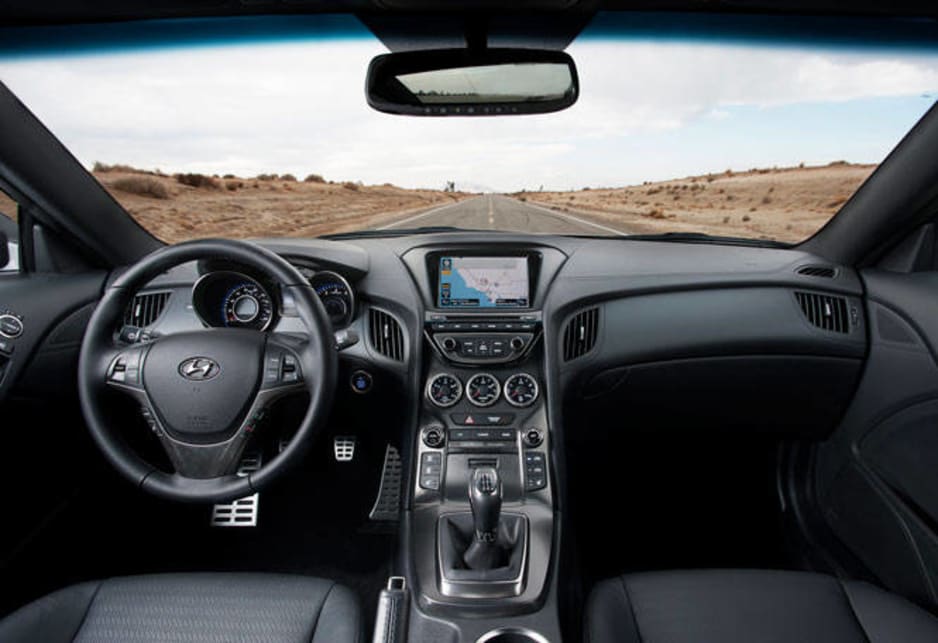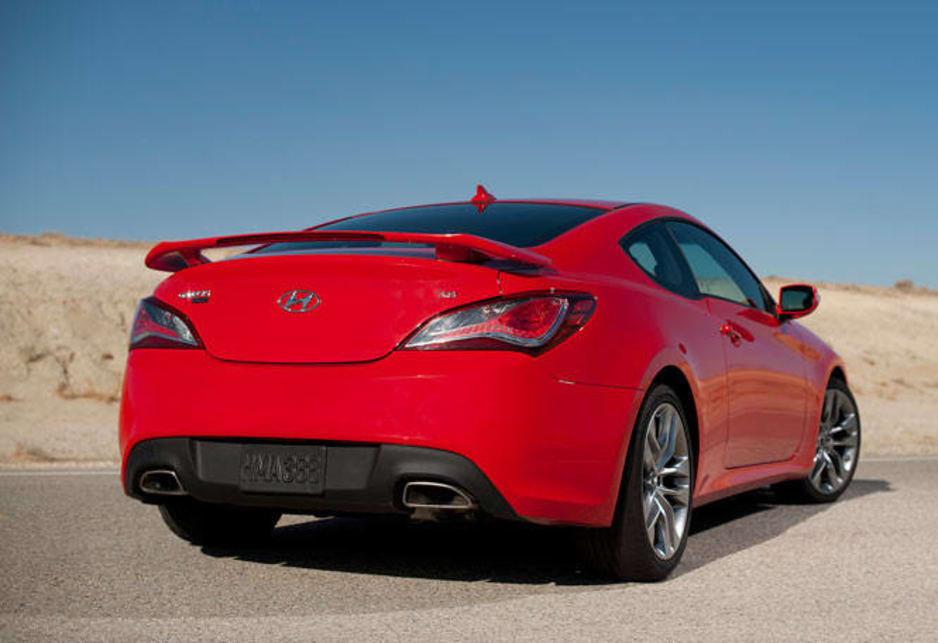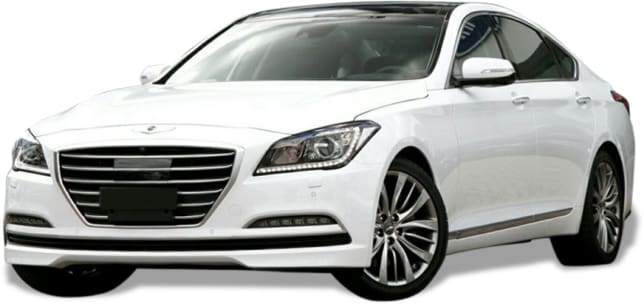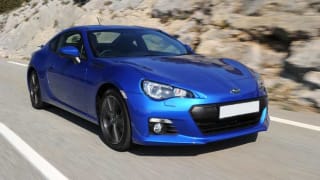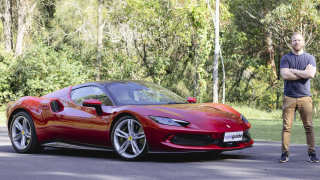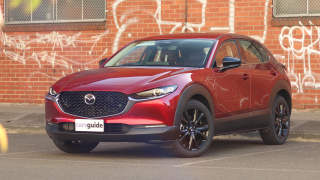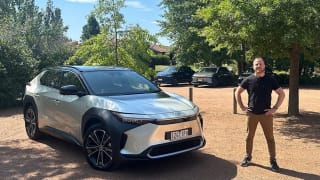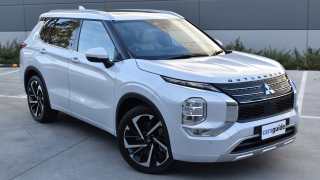The next generation Hyundai Genesis coupe is headed to Australia. Here’s what we’ve been missing out on.
Hyundai has made headway with its Veloster coupe, proving it can design, engineer and build a fun front-drive car. On the other side of the world, in North America, Hyundai has shown its prowess in a sporty rear-drive coupe called the Genesis.
We don’t get that model in Australia, but we are on track to get the next one due in about two years. In the meantime, we got acquainted to get an insight into what we can expect.
Value
The turbocharged four-cylinder coupe starts at $24,250 in the US, plus a bunch of taxes and delivery fees that bring the RRP closer to $30,000. The V6 version kicks off at $28,750, but with all the gear (including Brembo brakes and a premium sound system) and other charges the price nudges $40,000. That seems excellent value until you consider that, in the US, this sort of money buys a V6 Chevrolet Camaro or Ford Mustang.
Hyundai Australia won’t reveal its target price is for the Genesis coupe due in 2015, but our guess is it needs to start between $32,000 for the Veloster Turbo and less than $40,000 for the top-line Toyota 86 and Subaru BRZ twins. If the currency remains strong, Hyundai Australia shouldn’t muck about with basic models, and only bring in the fully-loaded R-Spec versions with all the kit.
Technology
There’s not much to write home about here other than the fact that Hyundai has joined the growing number of car makers extracting epic power and torque from turbocharged 2.0-litre four-cylinder engines (204kW and 373Nm, if my imperial-to-metric conversions work, put it in the company of the Volkswagen Golf R and Renault Megane RS).
The 3.8-litre V6 has a bit more grunt but it’s heavier and not as agile to drive as the four-cylinder. A rear camera and a built in navigation will likely be standard by the time this car arrives in Australian showrooms.
Accommodation
Car makers like to use the term “two-plus-two” when referring to coupes, because they’re too scared to come out and say it has seating for “four”. Do they think car buyers can’t add? But the Genesis coupe does have a little more room in the back seats than the current crop (Hyundai Veloster, Toyota 86 and Subaru BRZ). Hey, the Nissan 370Z gets nothing, it’s a two-seater only.
So the Genesis could carry two people in the back row for a short distance. But let’s not kid ourselves, if you want to carry four adults everywhere and all the time you’re not going to buy this car.
Safety
Six airbags and a five-star (US) safety rating. It’s unlikely Hyundai would go backwards with the next model. Every Hyundai passenger car on sale in Australia today is five-star safety rated (only the iMax and iLoad vans are not). This may seem a bit of a stretch but I also classify good road holding and steering feel in the “safety” category, because if the car fundamentally has good grip and the driver feels that the car reacts well to his or her input, that’s got to be a good thing.
Driving
Not one to shy away from controversy, I reckon the turbocharged four-cylinder is the pick, even if it is a fraction slower to the speed limit than the gruff V6. The four-cylinder is more engaging to drive, more agile and better balanced in tight corners. Oh, and it uses less fuel and is cheaper to buy. I should declare now that I am the only one of my colleagues with this view after driving these cars in the US last week. But I can’t help it if they’re all wrong.
The V6 has a bit more grunt, but it sounds awful and needs to be wound out to really get you moving. The biggest revelation for me, though, was how well the Hyundai Genesis coupe handled corners with a genuine ease, and yet the suspension wasn’t back-breaking firm. The Brembo brakes felt superb.
The only thing I can pick on is the interior quality. Although good, it would benefit from another step up in the finish of the materials and some of the touchy-feely stuff, like the power window switches which feel like they’re off a Fisher Price toy. But if all I’ve got left to pick on is the power window switches, then you’ve got a pretty good idea how good the rest of the car is.
Hyundai Genesis Coupe
Price: from $40,000 (estimated)
Safety rating: Five stars
Warranty: Five years/unlimited km
Body: Four-seat coupe
Dimensions: 4630mm (L) 1864 (w) 1384(h)
Weight: 1525 to 1584kg (4 cyl), 1557 to 1638kg (V6)
Engine: Turbocharged 2.0-litre four-cylinder petrol, 204kW/373Nm; 3.8-litre V6 260kW/400Nm
Transmission: 6-speed manual or 8-speed auto
Performance (0 to 100km/h): 7.2 seconds (4 cyl), 6.1 seconds (V6)
